5 Secret Ways Dollar Tree & Dollar General Are Ripping You Off

The popularity of dollar stores in America has been spiking in recent years as households on a tight budget look for everyday items at affordable discounts. As of 2024, there are over 38,000 dollar stores across the U.S., with Dollar Tree and Dollar General holding court as part of the top 100 leading retailers in the country.
However, recent reports and customer testimonials suggest that your nearest dollar store might not always be upholding the best practices in the name of saving you money. In fact, these discount chains have some sneaky ways of charging you more for less. If you’re on a mission to shop smarter and get the best deals on everything from toiletries to beauty products, food, home goods, and more, look out for these warning signs that a dollar store is ripping you off, and be prepared to take your business elsewhere.
RELATED: Dollar Tree vs. Dollar General: Experts Say One Is Better
1
Dollar stores are guilty of charging more money for less.
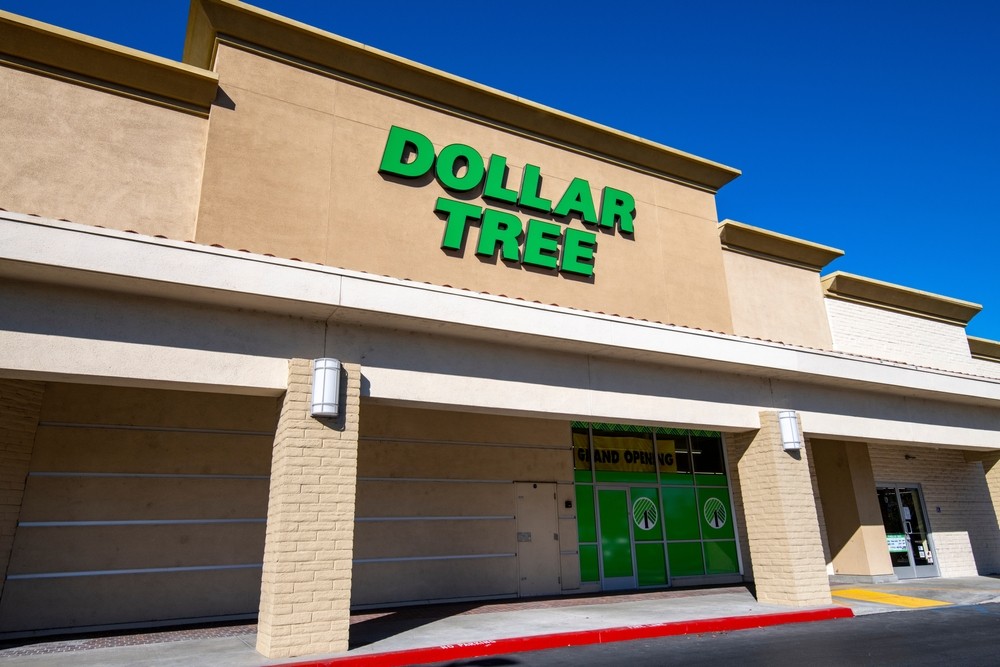
With a business concept whose name is literally based on the idea of rock-bottom prices, many people assume they’ll find the best deals at bargain shops. Or, that every item is a dollar.
But, according to Julie Ramhold, consumer analyst for DealNews.com, one of the biggest ways dollar stores are making money off shoppers is by simply charging more for less.
“Do the math on any product in a dollar store and the odds are good that the unit price is going to be higher than shopping at stores like Walmart,” she explains. “Yes, the face value may be lower, but the packages are also smaller, which means you end up spending far more for something like a pouch of name-brand cereal than if you were to shop at Walmart and buy a bigger package.”
Plus, many items throughout the store are $5 or more each, which contradicts the “dollar store” ethos.
2
They limit their selection.
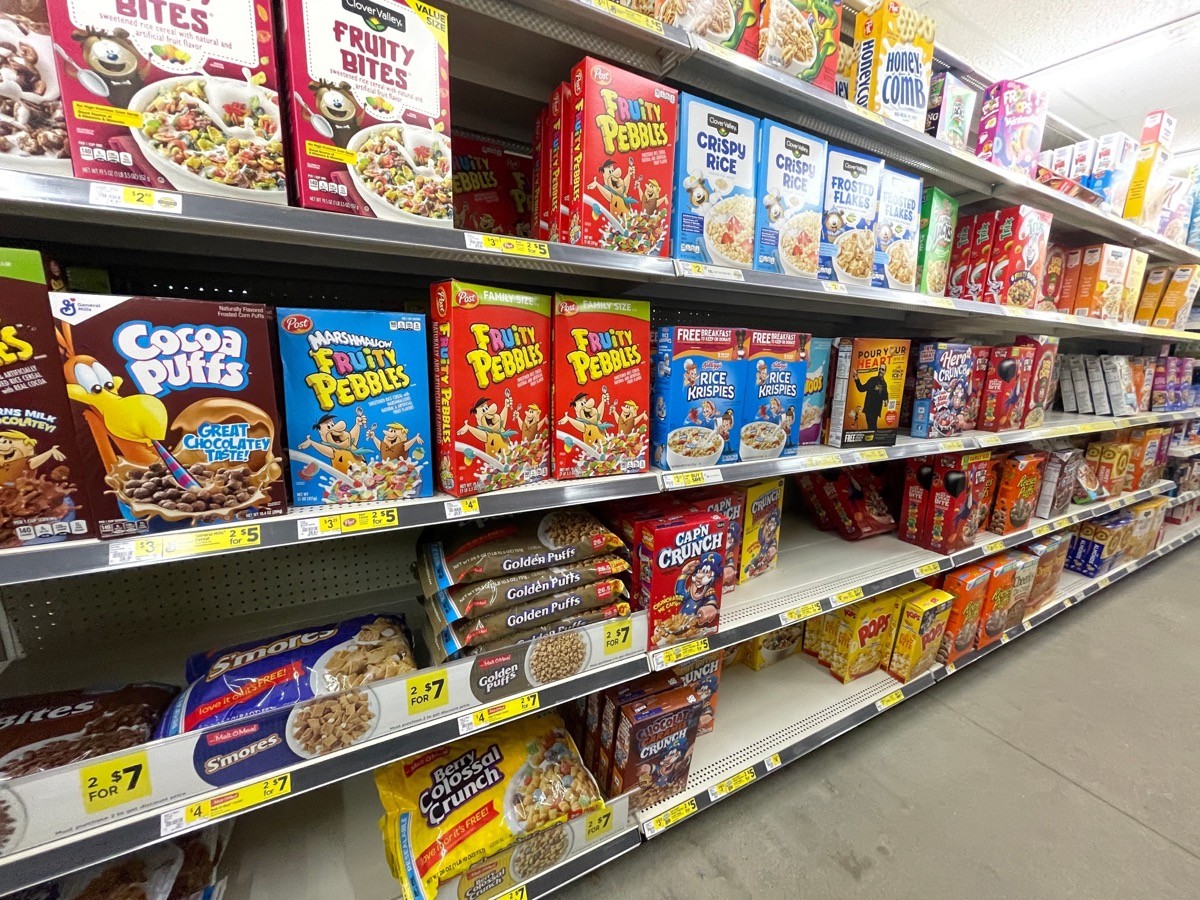
Part of the convenience of dollar stores is that they offer everything from household essentials to groceries and everything in between. But while they may cover a lot of ground in terms of necessities, they don’t carry quite as many versions of each as their competitors.
“Dollar stores are fairly small compared to other retailers, and they offer a much more limited selection of products,” says Ramhold. “Because of the lack of choice, that essentially means that shoppers either have to opt for whatever the store is offering, find an alternative, or miss out altogether.”
Ramhold adds that this policy may not affect those who shop at multiple stores, “but for households that have limited choices in stores to shop in general, they’ll pretty much be forced to shop whatever the dollar stores are offering with no real alternative.”
RELATED: The 9 Worst Things to Buy at Dollar Tree
3
And they rotate their inventory quickly.
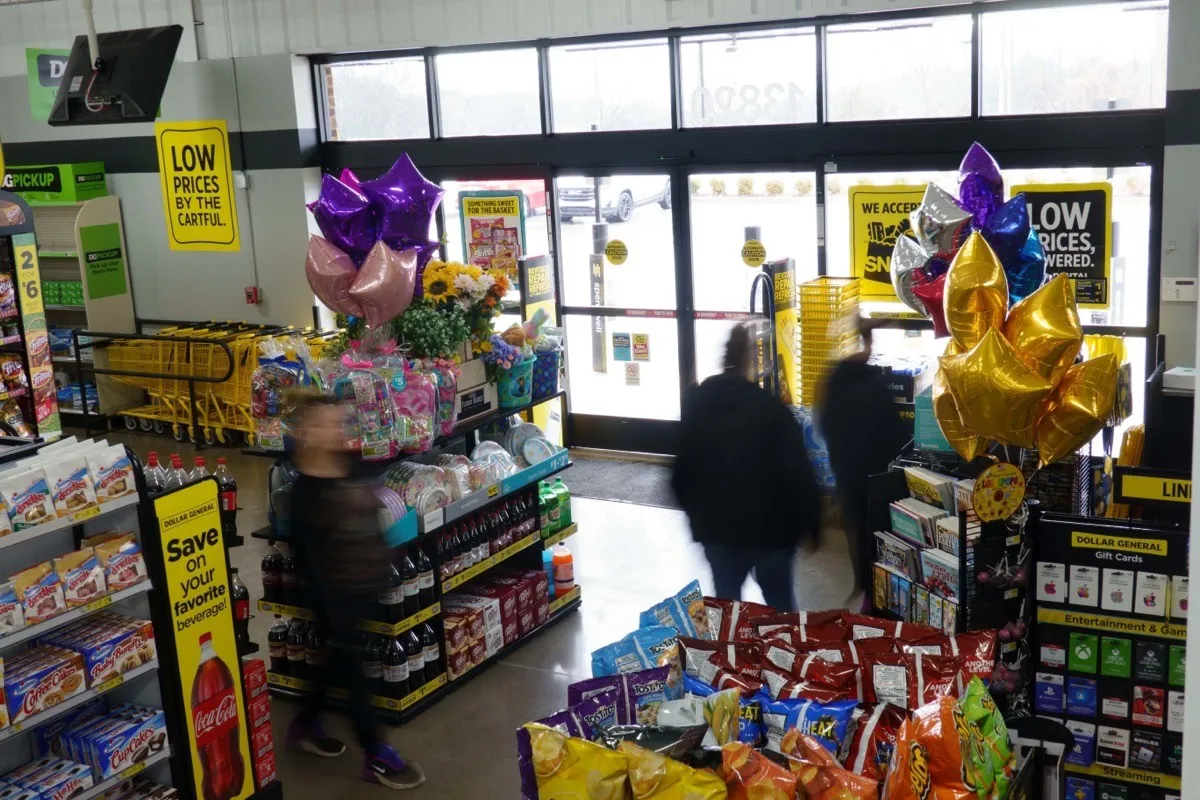
Besides limiting your options of what’s on the shelves, experts say that bargain shops also have a habit of quickly cycling out what’s for sale, too.
“Many dollar stores boost profits by frequently rotating the inventory,” says Marie Clark, editor of shopping and retail site CostContessa. “This is particularly true for seasonal and holiday, as well as crafting supplies, beauty, and more.”
Clark explains that most customers know many of these items are good deals and learn through experience that if they don’t purchase them while they’re available, they could be gone by the next visit.
“We often call this FOMO—or ‘fear of missing out’— and it pushes us to grab those extra unnecessary decor and craft items each time we go, in fear that we won’t be able to get them on our next trip!” she says.
If you want to avoid this, Clark suggests giving yourself a 24-hour grace period to hold off on buying some of these products.
“If you’re still thinking about those items the next day, then go back and purchase them. It eliminates the splurge buys on extra items we don’t really want or need,” she says.
RELATED: 7 Worst Things to Buy at Family Dollar
4
They overcharge on impulse items.
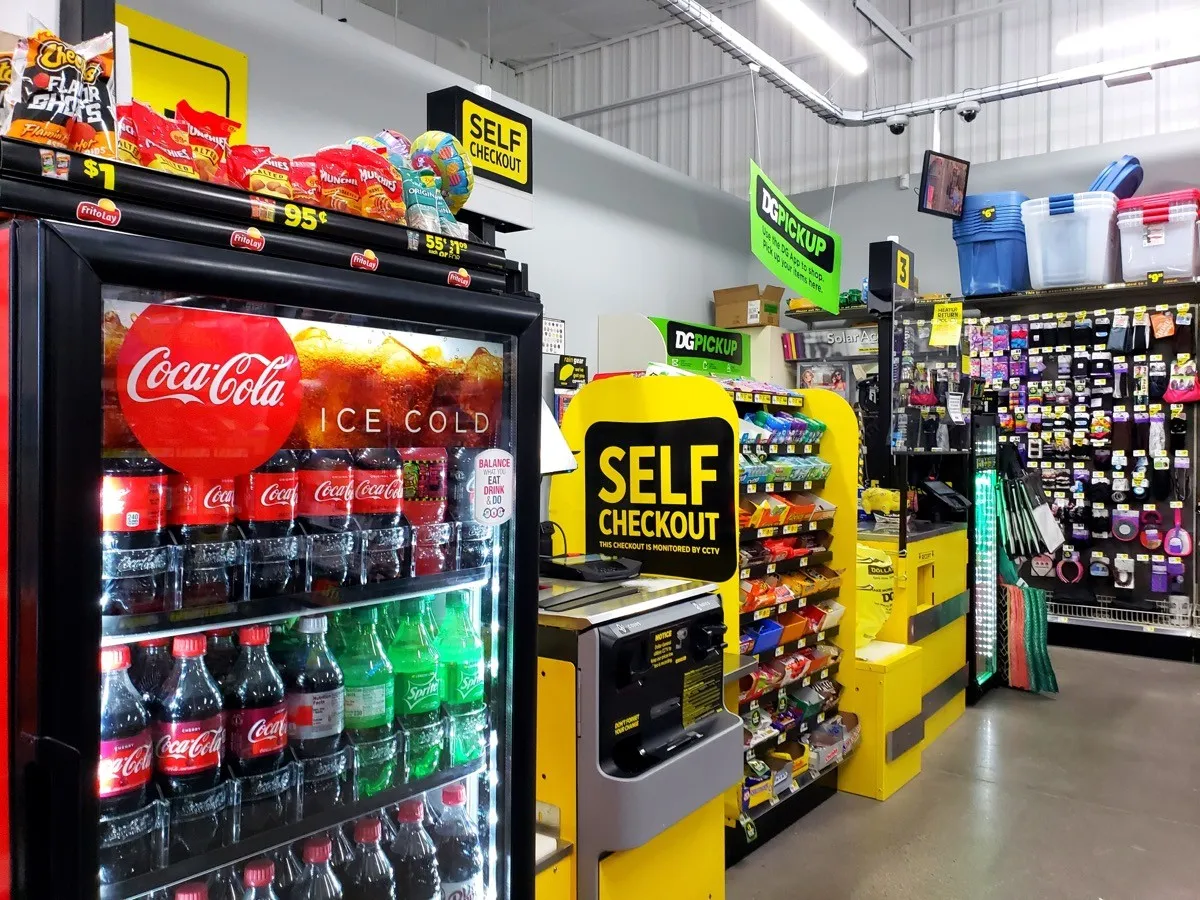
Putting indulgent products near the cash register is a well-known marketing tactic. And according to Clark, the same rules apply to bargain stores.
“The impulse snacks and drinks at the checkout in dollar stores are the worst deals in the house,” says Clark. “I often find they cost significantly more than nearby grocery stores.”
“From candy to chocolate bars to mini band-aid packs or mini antibacterial gels, these last-minute grab items in the checkout aisle are really overpriced,” she adds. “Always skip them!”
RELATED: 7 Best Things to Buy at Dollar General
5
And cashback transaction fees.
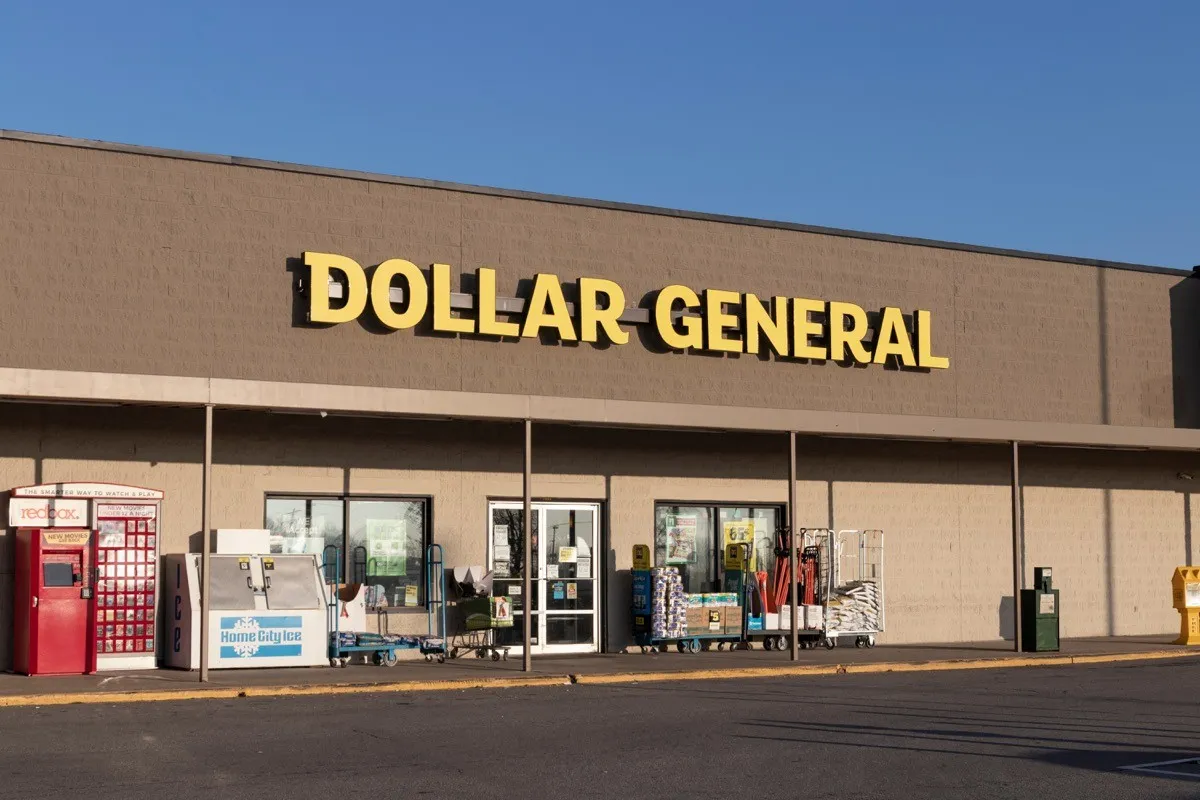
Both Dollar Tree and Dollar General have implemented steep fees for cashback services during purchases. Customers can be charged up to $2.50 for a $40 cashback withdrawal, a rate higher than many other retailers, according to The Sun.
In fact, according to the Consumer Financial Protection Bureau, Dollar Tree, Dollar General, and Kroger have made customers pay over $90 million a year in cashback transactions.
This practice has been labeled as predatory, especially in rural or low-income areas where these stores may be the primary convenient cash source if there aren’t any local banks around.